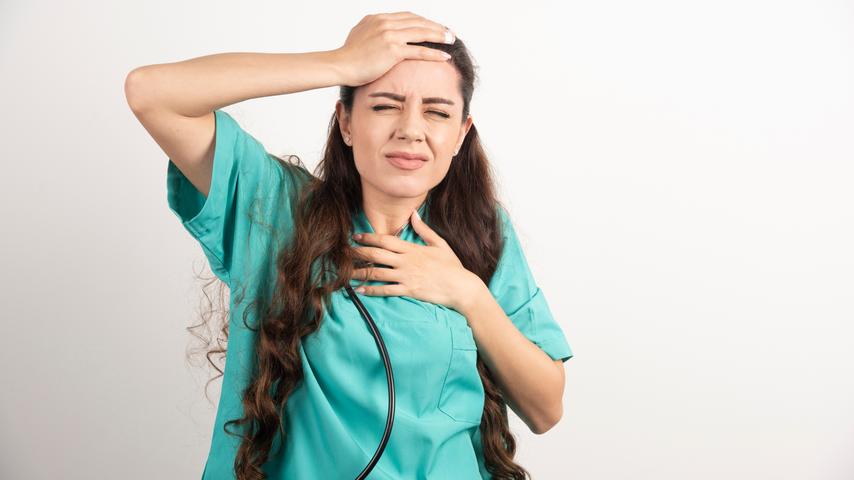An Expert’s Guide To Protect Yourself From Heat-Related Illnesses

Summer is here, and so are the days of sweat and exhaustion. The rise in temperature and heat is not only annoying but is also a root cause of many health problems. Prolonged exposure to heat can cause illnesses such as exhaustion, dehydration, cramps and even sunstrokes. To prevent you from being affected by any of these problems, we have compiled a list of tricks that’ll help you stay healthy during these hot summer days.
Before we start with the solutions, let us first analyze the problem. While there are multiple health risks that one should worry about in the summer, one most concerning problems is heat-related illnesses. These are caused due to the overheating of the body and there are two types of it - exertional and non-exertional.
- Exertional heat-related illnesses: Prolonged exposure or physical exertion in high temperatures can cause exertional heat-related illnesses. People who spend long hours in a hot and humid climate are vulnerable to it. Policemen, military men, athletes and youngsters often suffer from this.
- Non-exertional heat-related illnesses: It is commonly seen in older people who have underlying medical conditions such as diabetes, are bedridden and get dehydrated.
Heat-Related Illnesses vs Heatstroke
The Hypothalamus in the Brain controls body temperature. It controls heat gain and heat loss to maintain the temperature. Heatstroke occurs when the Hypothalamus is unable to control the temperature of the body and it rises to 40° Celsius or even higher. It is a serious form of illness that involves the Brain. The patient with Heatstroke may get confused, have Seizures or even slip into a coma, therefore it requires emergency treatment. When left untreated, Heatstroke may damage the Brain and other Organs, and in extreme cases can also lead to death.
Heat-related illnesses, on the other hand, are a spectrum of complications that occur due to extreme exposure to heat. It includes minor conditions such as heat-induced body aches, cramps, syncope, and exhaustion, and it can lead to Heatstroke.
Symptoms of Heat-Related Illnesses
- Cramps
- Nausea
- Vomiting
- Fainting
If you notice any of the above-mentioned symptoms seek medical assistance immediately.
Causes Of Heat-Related Illnesses
- Strenuous exercise in hot weather
- Wearing heavy or excessive clothing
- Dehydration
- Poor physical fitness
- Alcohol consumption
- High body temperature
- Taking antihypertensive, antihistamines and antidepressants
Tips To Safeguard Yourself From Heat-Related Illnesses
- Acclimatize: Try to get yourself accustomed to new climates or weather conditions. Do not exercise or venture out in hot weather if you are not used to it. Do not overexert yourself.
- Stay Hydrated: Drink a lot of water and fluids as they help your body stay hydrated and maintain a normal temperature. Bid adieu to alcohol as it causes dehydration and that is the last thing you want.
- Wear Loose-fitting And Light Clothes Along With Other Gear: Your body will not be able to cool if you wear tight and heavy clothes during summer. Wear a cap/hat and sunglasses during the hotter days. Stay away from that direct sunlight if possible.
- Stay Physically Active: Exercise daily. You can exercise in the evening to avoid complications. Walk, run or do any exercise of your choice, just make sure that you maintain optimum weight, and are physically fit.
Dr Shirish Hastak
Regional Director, Neurology, Stroke and Neurocritical Care, Global Hospital, Mumbai
Disclaimer: The views and opinions expressed in this article belong solely to the author. They do not reflect the opinions or views of the organization.











